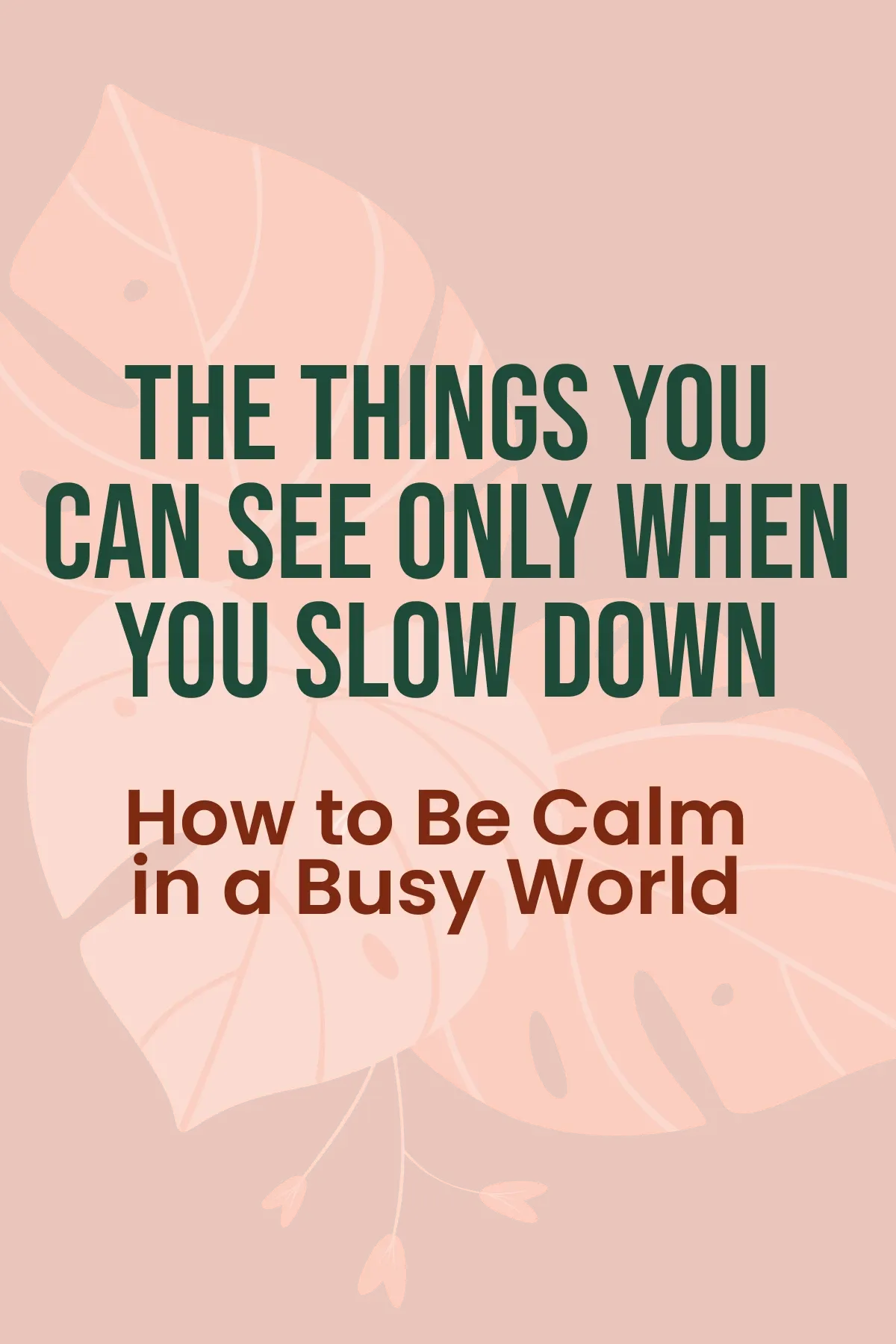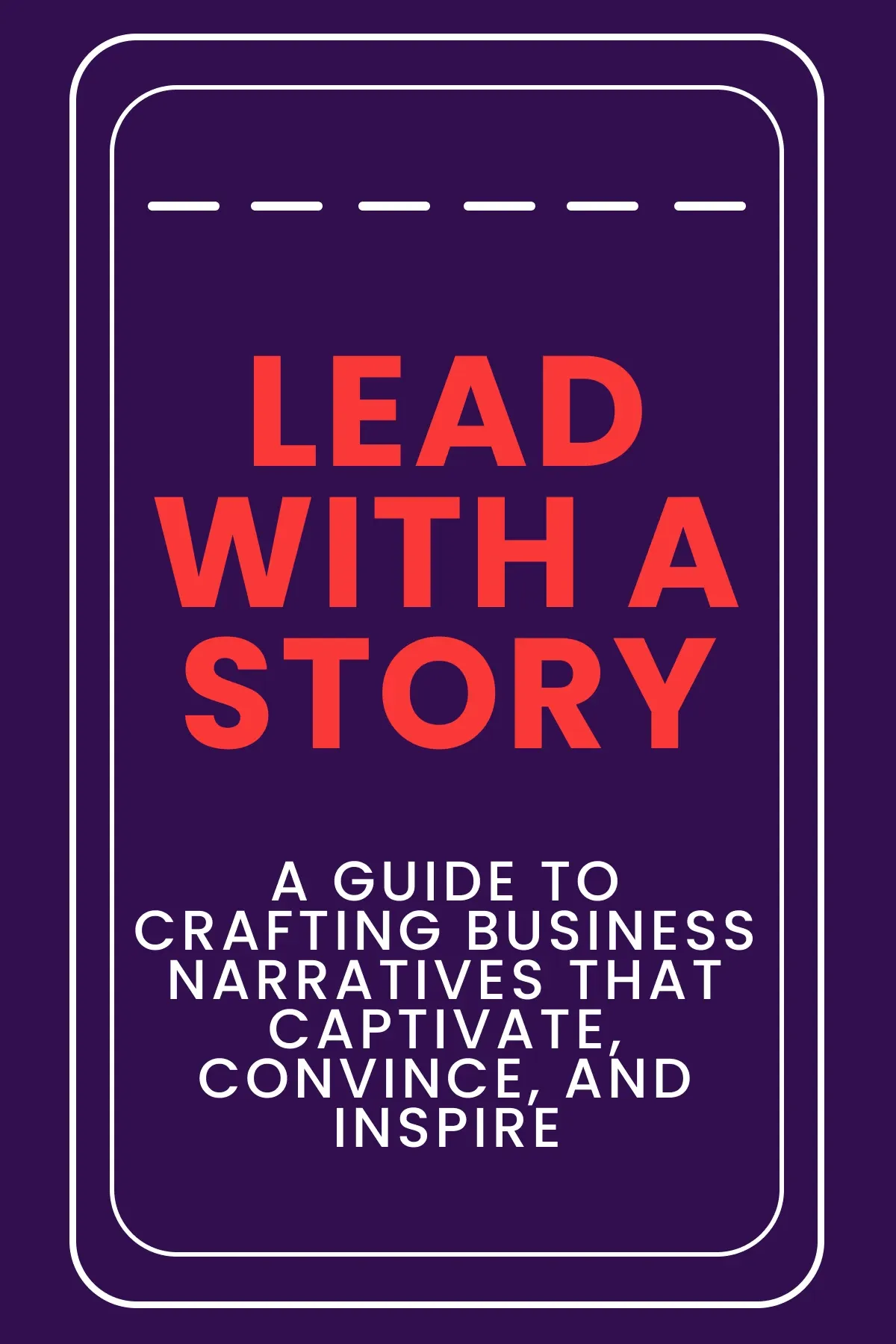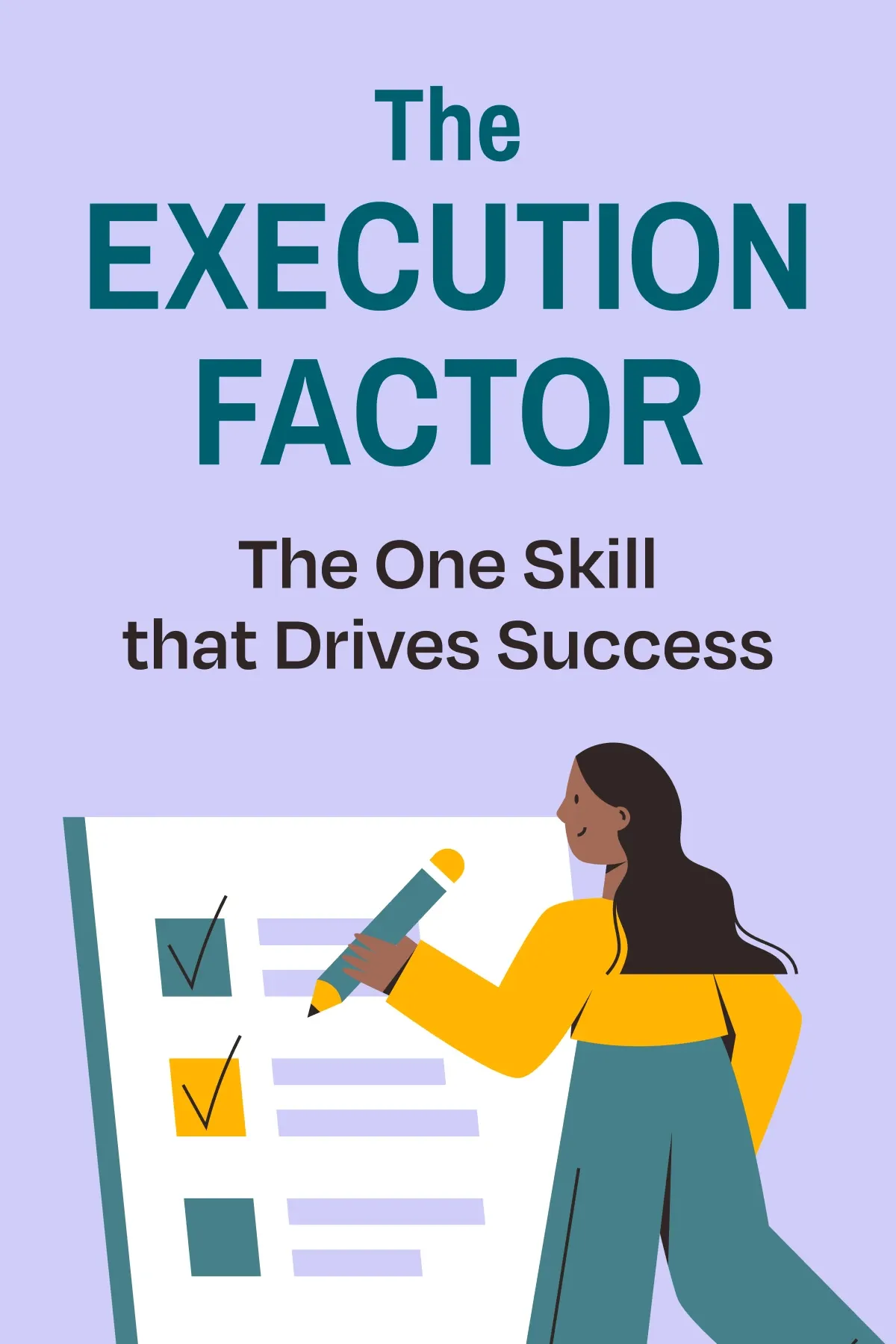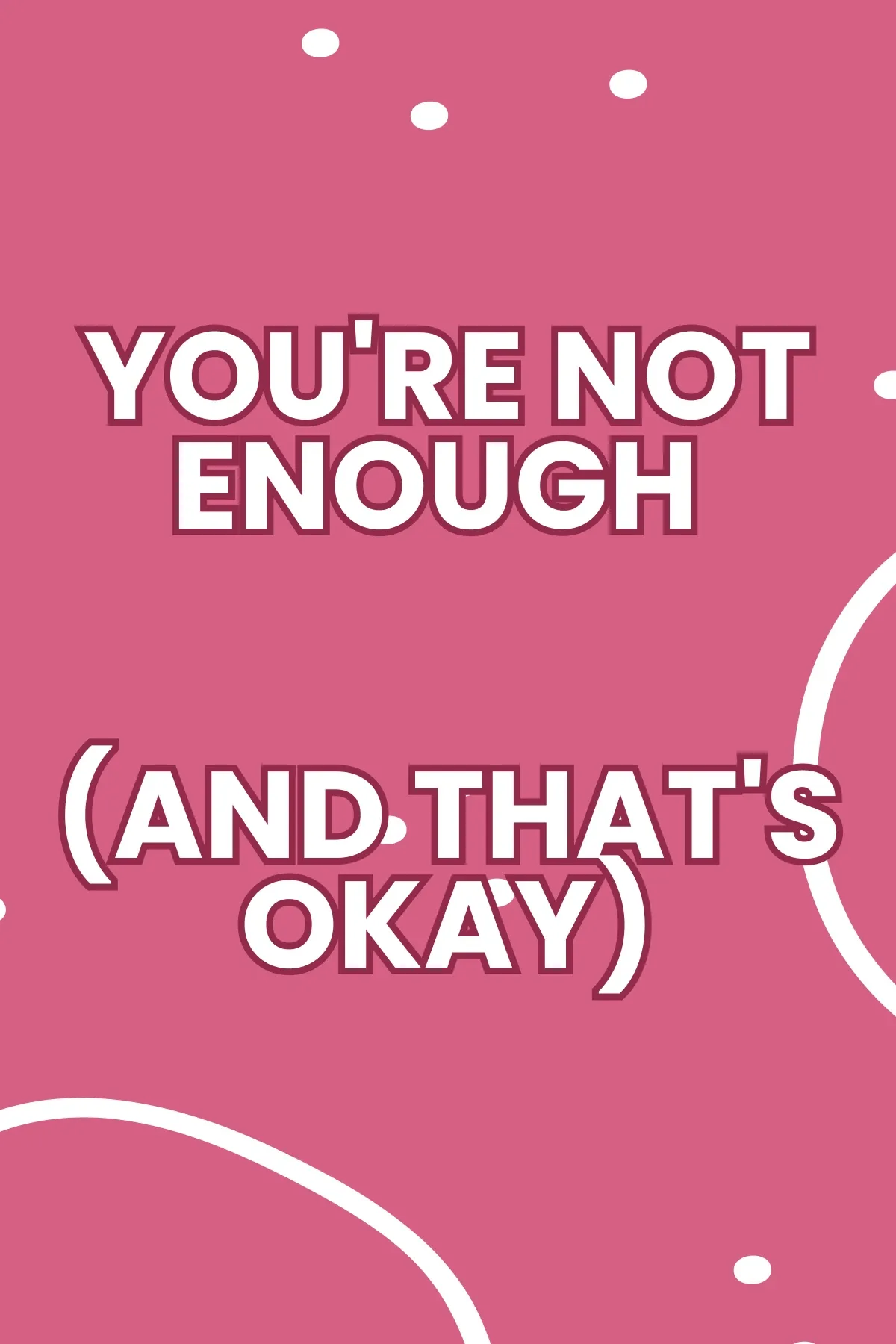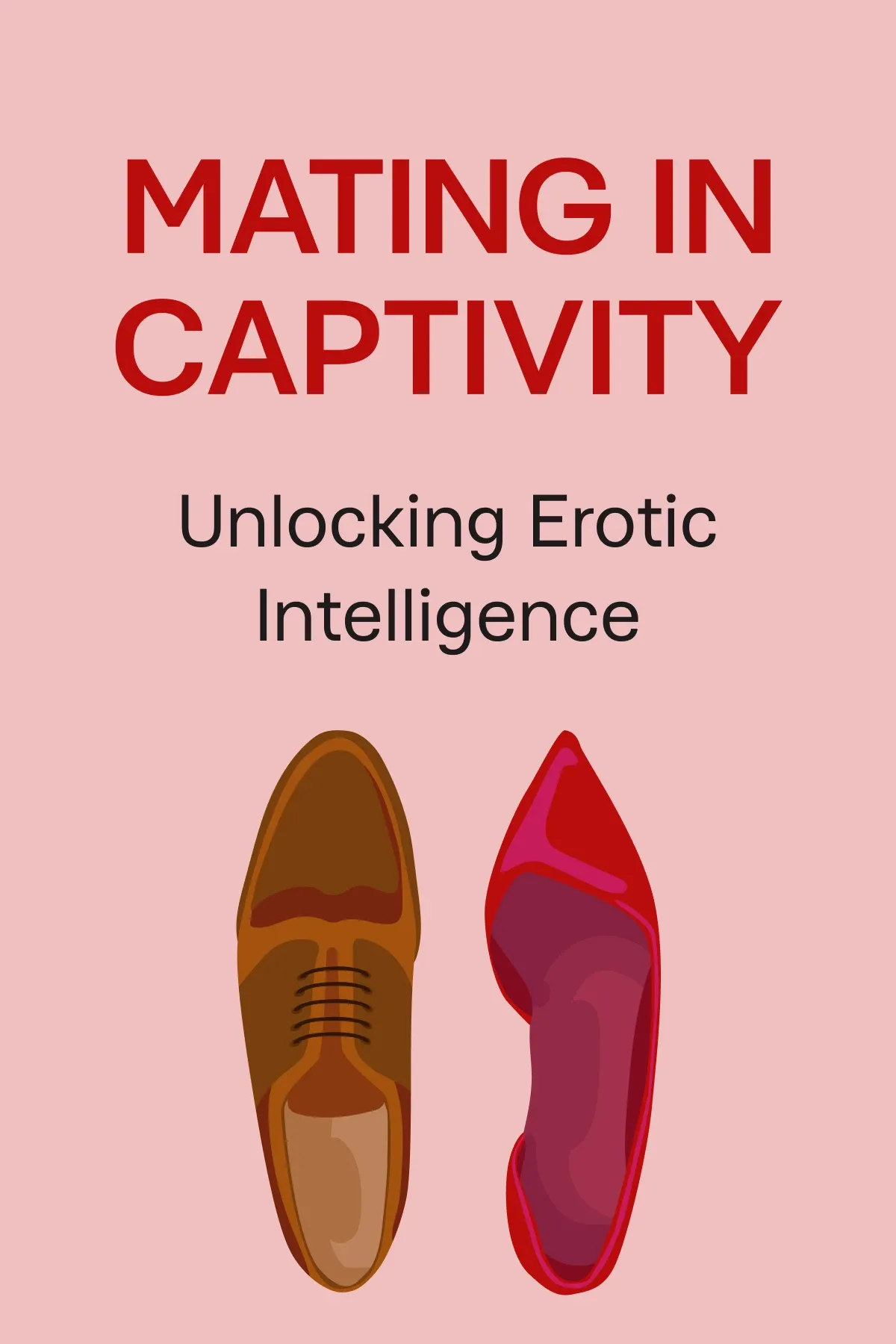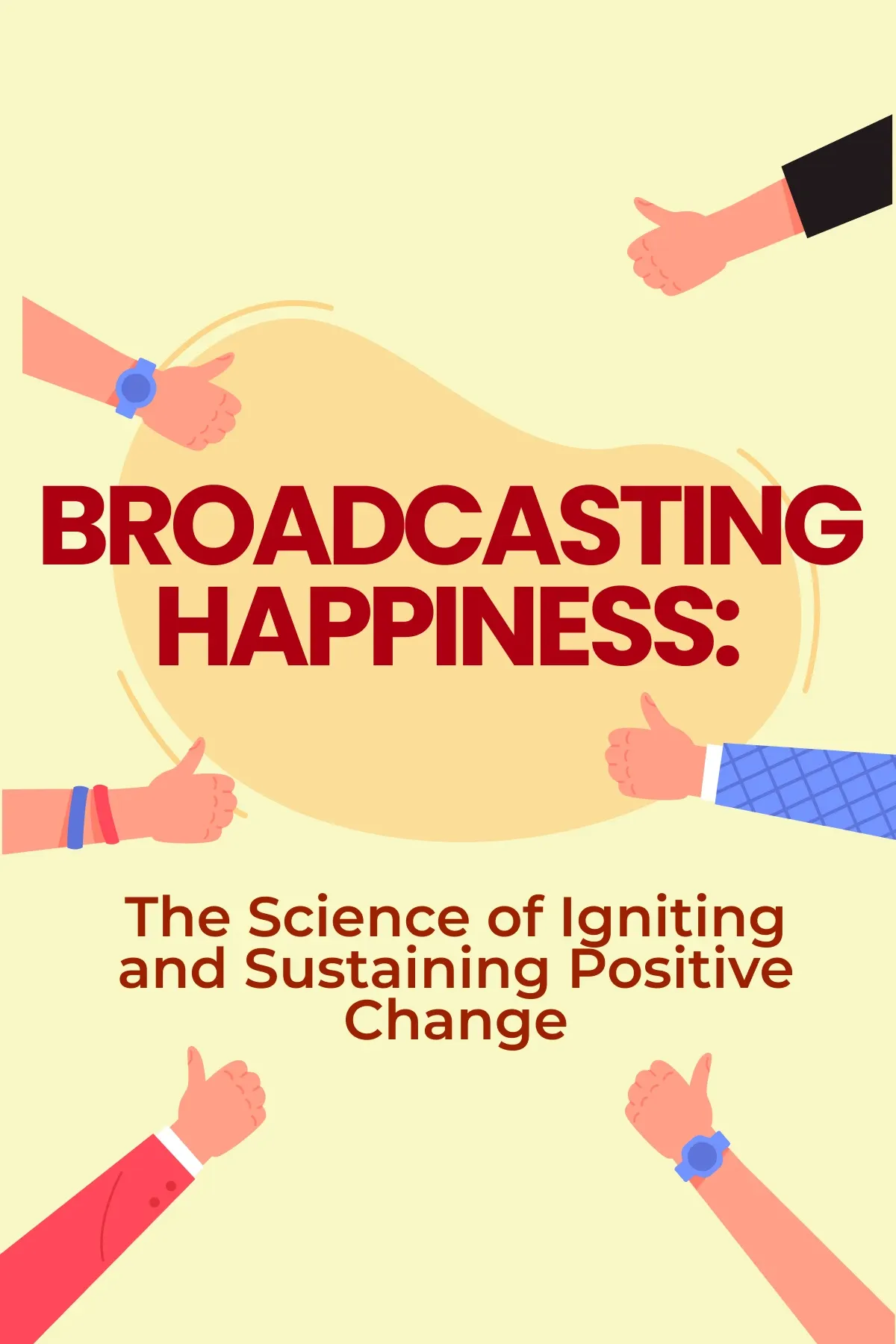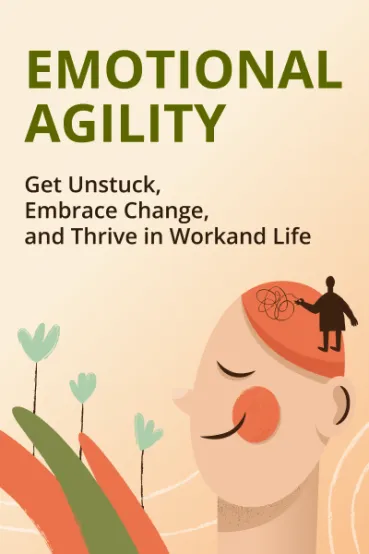
Emotional Agility
Brief Summary
If you've ever felt trapped by your feelings, you're not alone—many people suffer from emotional abuse, just like you. However, there is no reason to think that all is lost. In her book “Emotional Agility”, Susan David explains why this condition occurs and how to deal with it.
Topics
Key points
Key idea 1 of 8
Have you ever felt trapped inside your anxieties and worries? It's an experience that likely resonates with everyone at some point. You've definitely thought something like, "If I don't pass this exam, I'm going to die," or "I'm not good enough to do this." When a single thought becomes so deeply entrenched in your mind that it clouds your perception, you risk missing out on countless opportunities. This fearful phenomenon is known as *emotional rigidity*. It can lead you to many mental illnesses if you do not confront it head-on.
Getting out of this paralyzing state will eventually lead you to emotional agility. Those who reach this stage find themselves on an entirely different spectrum. They cultivate the ability to accept and analyze their emotions without becoming trapped by any particular thought. Emotional agility can help you delve into the roots of your emotions. Finally, you will realize what actions you should take to deal with emotions.
Dr. Susan David can help you transform your emotional rigidity into emotional agility. With her extensive expertise in human psychology, she has developed a framework to navigate intrusive thoughts and cultivate emotional agility. According to her, the first step is to acknowledge your emotions. Instead of masking them with dismissive statements like "I'm not angry, I'm just tired," it's essential to consider and recognize your feelings.
The next stage involves stepping out by identifying and labeling your emotions. For example, if you receive a poor grade on a university exam, are you upset because you feel unfairly graded or dissatisfied with your chosen profession? By dissecting your emotions, you can uncover potential solutions to your challenges.
The next step is to assess your values and recognize their importance. If, during the second stage of Suzan David’s scheme, you realize that you do not like your major, think about what you would really like to do in life. Ask yourself: "Why is this happening?" and "What should I do?" This will help you make informed choices and let your emotions lead you down the right path. So, now you can move on.
FAQ
You may also like these summaries


